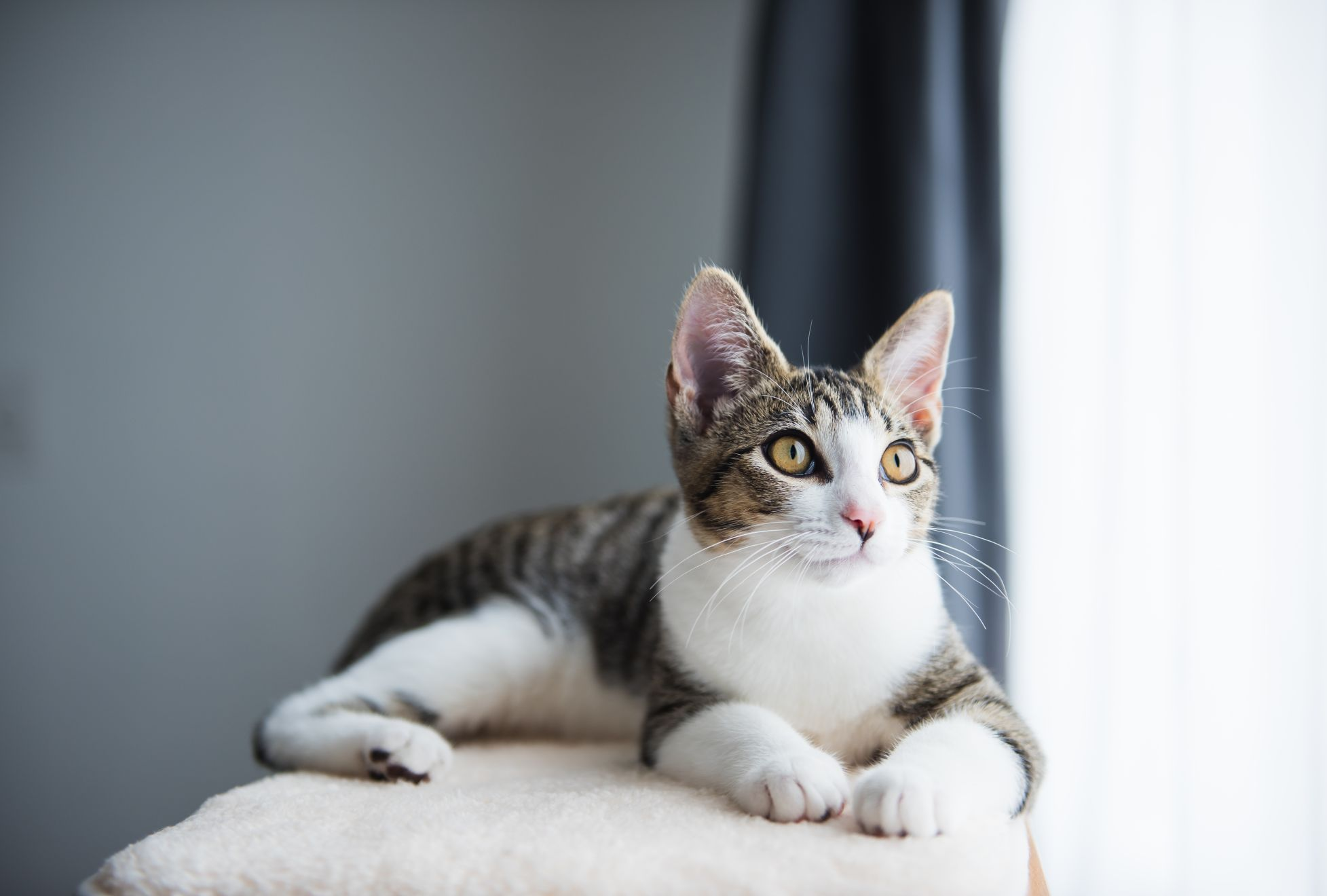Why does my cat keep getting sick
A lot of cats will suffer from an upset stomach at some point in their life, but there's plenty you can do to help prevent digestive sensitivities from frequently occuring.
Article

Common signs of digestive issues in cats
When it comes to digestive problems, cats can suffer from multiple issues caused by various factors, so knowing how to recognize the signs of a digestive issue can be helpful. There are numerous signs that may indicate your cat is struggling with digestive problems. Some of the most common include:
- Vomiting
- Hairballs
- Diarrhea
- Constipation
- Difficulty swallowing
- Abnormal or reduced appetite
- Weight loss
- Reduced activity or reduced social behavior
If your cat is vomiting
It's not strange for cats to occasionally vomit. It should be a concern if your cat is vomiting more than once a month. ¹ ² Vomiting frequently can be an indicator of a more serious cause such as an infection, or inflammatory response which should be looked at by your veterinarian.
If your cat has hairballs
Hairballs occur when your cat, especially long-haired cats, regurgitates a compact, matted lump of hair. It is more common in indoor cats as they spend more time grooming themselves. However, if your cat is experiencing hairballs more than once per month,3 then you should ask your veterinarian to assess their digestive tract health.
If your cat has diarrhea
Like vomiting, diarrhea can be an indicator of another illness that is affecting your cat. It's important to monitor your cat’s activity, behavior, and especially their stools so you can inform your veterinarian. Veterinarians make the distinction between large intestine and small intestine diarrhea, characterized by different signs and causes. These include:
Signs of large intestine diarrhea:
- Urgent and frequent bowel movement
- Blood or mucus in stools
- A small but frequent volume
Signs of small intestinal diarrhea:
- Large volume at one time
- Color variation (orange or green)
- Contains undigested food
- Weight fluctuation
- Vomiting
- Difficulty swallowing
Spotting the signs can be difficult, so it is important to monitor how often your cat goes outside to evacuate its bowels. If your cat is showing any of the above signs, then take them to your veterinarian to be checked.
Find a vet
Veterinarians are your most trusted source of knowledge and care when it comes to supporting your cat's health. They are there to support you and your cat throughout its life. If you have any concerns about your cat's health, consult your trusted veterinarian for advice.
Related articles
Sources
- <div><span data-metadata=""></span><span data-buffer=""></span></div><span style="white-space-collapse: preserve;">https://pubmed.ncbi.nlm.nih.gov/23254238/</span>
- <div><span data-metadata=""></span><span data-buffer=""></span></div><span style="white-space-collapse: preserve;">https://pubmed.ncbi.nlm.nih.gov/24171376/</span>
- <div><span data-metadata=""></span><span data-buffer=""></span></div><span style="white-space-collapse: preserve;">https://pubmed.ncbi.nlm.nih.gov/23254238/</span>
Like & share this page